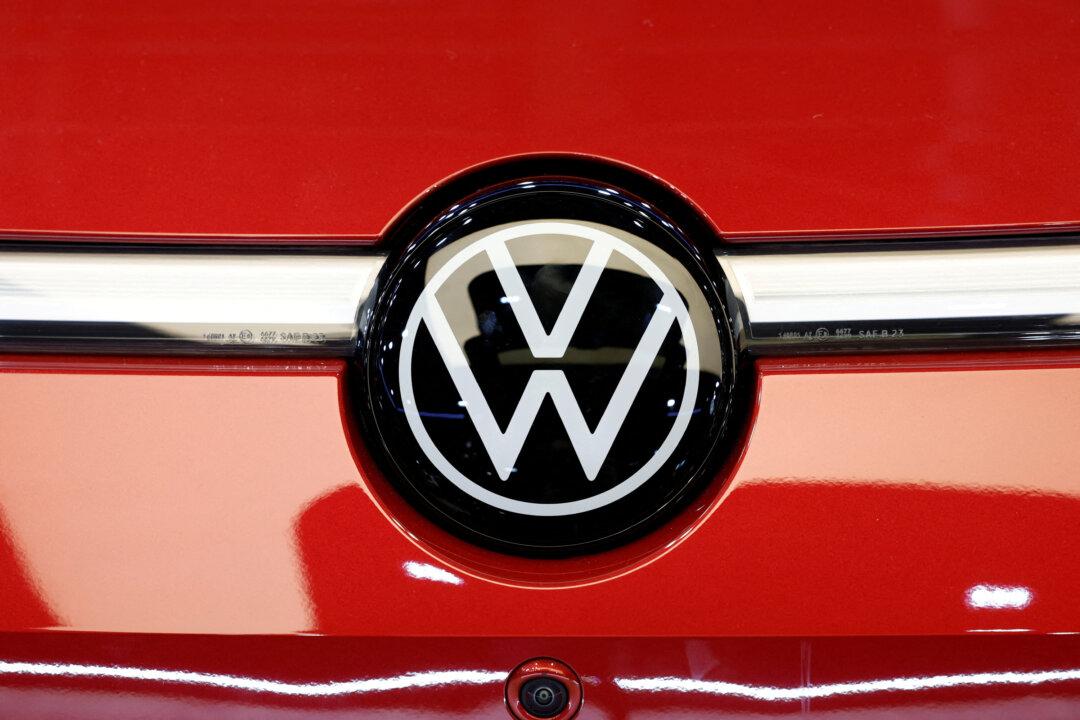Volkswagen said on Wednesday it would sell its operations in China’s far-western Xinjiang region, citing its need to maintain business competitiveness and emphasizing that the company is primarily geared toward manufacturing traditional gas-powered cars, a focus increasingly out of step with China’s rapid adoption of electric vehicles (EVs).
Volkswagen had a joint venture assembly plant in Urumqi, the capital of Xinjiang—where the Chinese communist regime has been accused of committing massive human rights violations—in addition to a test track in the region.





